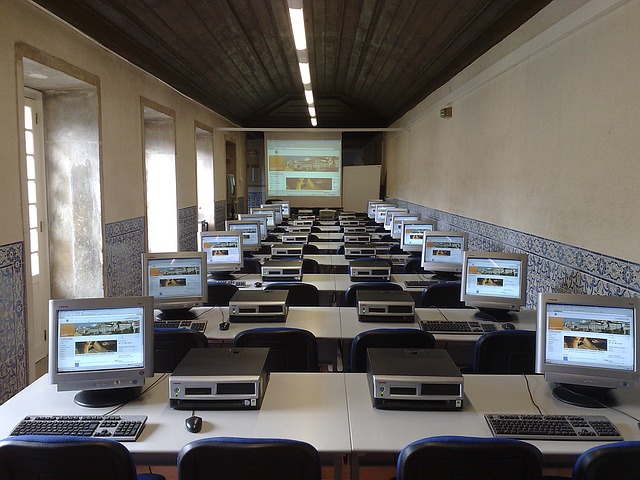The Coronavirus And Remote Law School Exams
The Coronavirus And Remote Law School Exams
With nearly every law school turning to online classes during the coronavirus pandemic, many students are wondering what that means for their exams. It seems as if most law schools are turning to remote final exams. This brings forth the question “what might a remote law school exam look like?” With obvious problems like cheating, timing, and open-book vs. closed-book to overcome, there probably isn’t one uniform answer. In this post, we take a look at some of the options on the table for schools that are turning to remote law school exams.
The Coronavirus And Remote Law School Exams
Existing Remote Law School Exam Options
It may surprise you that many schools already have an existing remote law school exam policy. If you haven’t had a class with a take-home exam, you might not realize how common it actually is. A typical take-home law school exam is a series of questions that you must answer within a specific time period. The clock starts as soon as you pick up the exam packet or download it online (depending on your school/professor’s preferences). For obvious reasons, these exams tend to be open book. This eliminates the need to monitor this kind of cheating, although of course there are still concerns of whether the submitted work was actually authored by that student.
It is possible that many classes will just convert what was intended to be an in-person exam into a traditional take-home law school exam. While some of the below-referenced options allow for closed book exams, any professor who doesn’t mind an open book exam would likely gravitate to this option. It would just be a matter of establishing time restrictions and determining how students will obtain the questions and submit their responses. Due to its ease and decreased concerns surrounding cheating, expect this to be a popular option.
Webcam/AI Options
One intriguing remote law school exam option that doesn’t appear to widely used in regular times is webcam or AI monitoring. This option would solve many of the cheating concerns that traditional take-home law school exams pose, while also giving professors more options on the style of exam they can offer.
The webcam option would require students to take their exams while being monitored by a school proctor via their webcam. The proctor could observe student behavior in an attempt to combat cheating, putting closed-book exams back on the table. Assuming exam software was used to administer the exam, professors could set up time restrictions while also locking students out of the rest of their computers. This would force them to complete the exam using only their retained knowledge, understanding that a proctor is watching their every move.
Utilizing AI options could be even more novel and would require less work for the school in terms of proctoring (although they would likely be more expensive). Exam technologies such as ExamSoft offer a remote exam package where students complete a take-home law school exam in ExamSoft, but their audio and video would be recorded using the webcam. This would eliminate the need for live proctors to be monitoring the students, which would also allow for more flexibility for the students in terms of when they can take the exams. After the exam is completed, the student submits not only their responses but also the audio and video files. ExamSoft then reviews the files for any indications of cheating, which would be flagged for later review. Again, this could be an appealing option as it puts closed-book remote law school exams back on the table for professors.
Essays, Research Papers, and Presentations
For professors that don’t want to deal with the hassle of electronic options, one possibility is to eliminate the traditional “exam” and move to a final essay or research paper. There is nothing new or novel about this option, and so professors already know exactly how it would work. No need to think about ways to curb cheating or how to add time restrictions. If a professor is willing to go this route, they are fully aware of the risks of things like plagiarism. Unfortunately, not all classes would be good fits for this option. Essays and research papers work better in more theoretical classes as opposed to classes where the desire is to test memorization.
Recorded presentations could be a reasonable option for more practical classes. Asking students to record themselves giving opening arguments or displaying argumentative or negotiating tactics wouldn’t be much of a task. Just as with essays and research papers, there are no novel problems here. This would work the same way it might have before the move to remote law school exams. The advantage of not having to solve many new problems might make these compelling options for classes that can utilize them.
Other Considerations
Some schools are offering their students the option to change their classes to pass/fail. Another consideration is to just automatically make every class pass/fail. This would certainly be an intriguing option given the extent to which classes and learning have been interrupted. Be on the lookout for an upcoming post on the advantages and disadvantages of choosing the pass/fail option, should your school go that route!
Seeking Success in Law School?
- Benefit from personalized one-on-one tutoring by our seasoned law school tutors.
- Explore our NEW and highly acclaimed law school study aids, available for a free trial.







Leave a Reply
Want to join the discussion?Feel free to contribute!